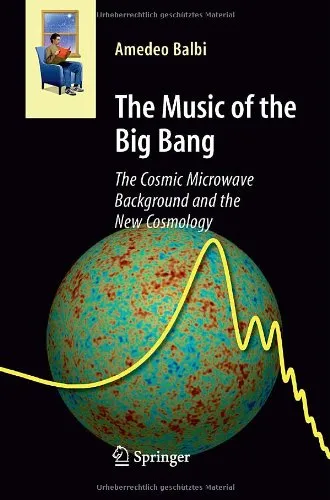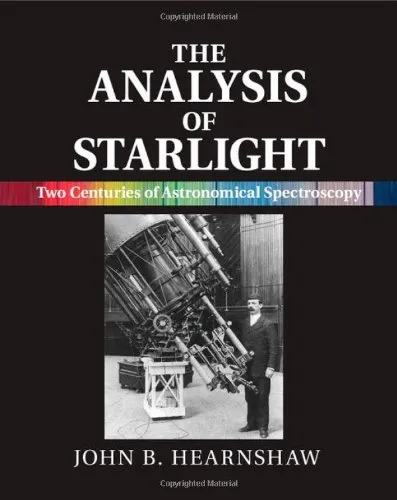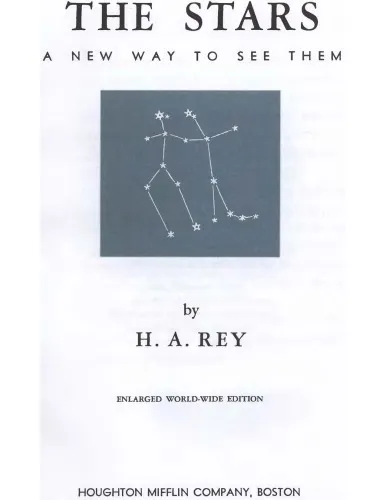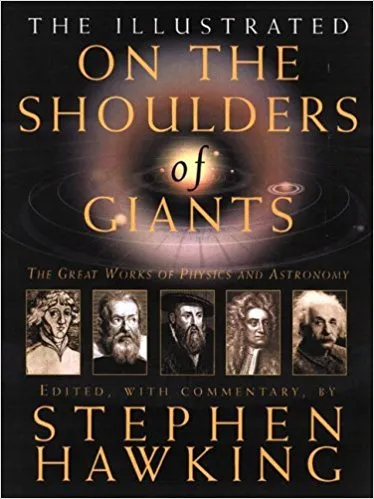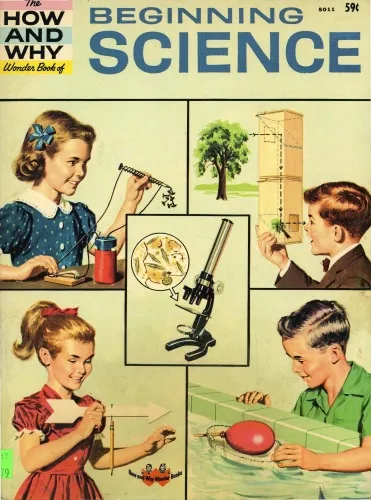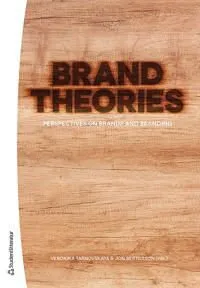Theories for Everything: An Illustrated History of Science : from the Invention of Numbers to String Theory
4.5
Reviews from our users

You Can Ask your questions from this book's AI after Login
Each download or ask from book AI costs 2 points. To earn more free points, please visit the Points Guide Page and complete some valuable actions.Related Refrences:
Theories for Everything: An Introduction
In the vast landscape of human knowledge, few pursuits are as compelling, intricate, and transformative as the journey through the history of science. "Theories for Everything: An Illustrated History of Science: From the Invention of Numbers to String Theory" invites readers on an extraordinary expedition across centuries of scientific thought and discovery. Co-authored by John Langone, Bruce Stutz, and Andrea Gianopoulos, this book serves as both a celebration of scientific achievement and a guide to understanding the profound ideas that shape the modern world. Accessible yet intellectually stimulating, it unpacks some of the most significant advancements in human history, from primitive counting systems to the highly abstract frameworks of contemporary physics.
The purpose of this book is not merely to chronicle different scientific theories but to provide an integrated narrative that connects these ideas, their origins, and their impact on society. With engaging illustrations enhancing the storytelling, the work delves into major milestones, presenting the evolution of knowledge as a tapestry of insights, breakthroughs, and ingenuity. In an age when science continues to evolve at an unprecedented pace, this book is essential reading for anyone seeking to appreciate the foundations of our understanding of the universe.
Detailed Summary of the Book
"Theories for Everything" spans a breathtaking array of topics, masterfully unpacking the complex journey of scientific inquiry across time and cultures. The book begins with the humble origins of human curiosity, focusing on early mathematical systems and the invention of numbers. From there, it covers ancient civilizations' efforts to interpret natural phenomena, such as the Greek pursuit of a cosmological understanding and their development of geometry.
The narrative then transitions into groundbreaking moments that defined entire eras. From Galileo's revolutionary use of the telescope to Isaac Newton's laws of motion, readers witness how the Enlightenment era reshaped our approach to nature and the universe. These foundational advancements pave the way for the enormous leaps of the 20th century, from Einstein's theory of relativity to the intricate workings of quantum mechanics.
The book culminates in today's most pressing scientific debates and ideas, such as string theory and the ongoing quest for a unified "theory of everything." Each section is enriched with anecdotes and examples that illustrate the significance of these discoveries while guiding readers toward a profound appreciation of how they continue to shape modern life.
Key Takeaways
- The history of science is a dynamic and interconnected web of discoveries rather than isolated events or ideas.
- Scientific progress is often born of collaboration across cultures and generations, spanning languages, beliefs, and methodologies.
- Modern scientific theories, no matter how complex, are rooted in centuries of simpler ideas developed through observation, experimentation, and refinement.
- By understanding the origins and evolution of scientific thought, we gain an appreciation for how these ideas have shaped human societies and civilizations.
- The unanswered questions of science today serve as inspiration for future generations of thinkers, dreamers, and innovators.
Famous Quotes from the Book
"Science is a shared language across humanity, one spoken not with words alone, but with numbers, observations, and ideas."
"Theories are not absolute truths but evolving frameworks, constantly shaped by new evidence and fresh perspectives."
"Understanding the past of science is key to envisioning its future. Each discovery is both an end and a beginning."
Why This Book Matters
In a world increasingly driven by technology and scientific advancements, it is important to look back at the origin and evolution of ideas that brought us here. "Theories for Everything" not only documents these advancements but also contextualizes them within their historical moments, allowing readers to grasp their broader significance.
What sets this book apart is its ability to simplify and clarify some of the most intricate and challenging scientific principles without diluting their essence. Through narrative storytelling and engaging illustrations, it equips readers to approach the scientific world with curiosity and confidence.
By exploring the humanity behind scientific discovery—highlighting the thinkers, their struggles, and perseverance—this book reminds us that the pursuit of knowledge is a universal and timeless endeavor. Whether you are a student, a seasoned researcher, or simply an inquisitive reader, "Theories for Everything" is an illuminating and indispensable resource.
Free Direct Download
You Can Download this book after Login
Accessing books through legal platforms and public libraries not only supports the rights of authors and publishers but also contributes to the sustainability of reading culture. Before downloading, please take a moment to consider these options.
Find this book on other platforms:
WorldCat helps you find books in libraries worldwide.
See ratings, reviews, and discussions on Goodreads.
Find and buy rare or used books on AbeBooks.
1357
بازدید4.5
امتیاز0
نظر98%
رضایتReviews:
4.5
Based on 0 users review
Questions & Answers
Ask questions about this book or help others by answering
No questions yet. Be the first to ask!

